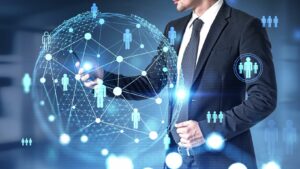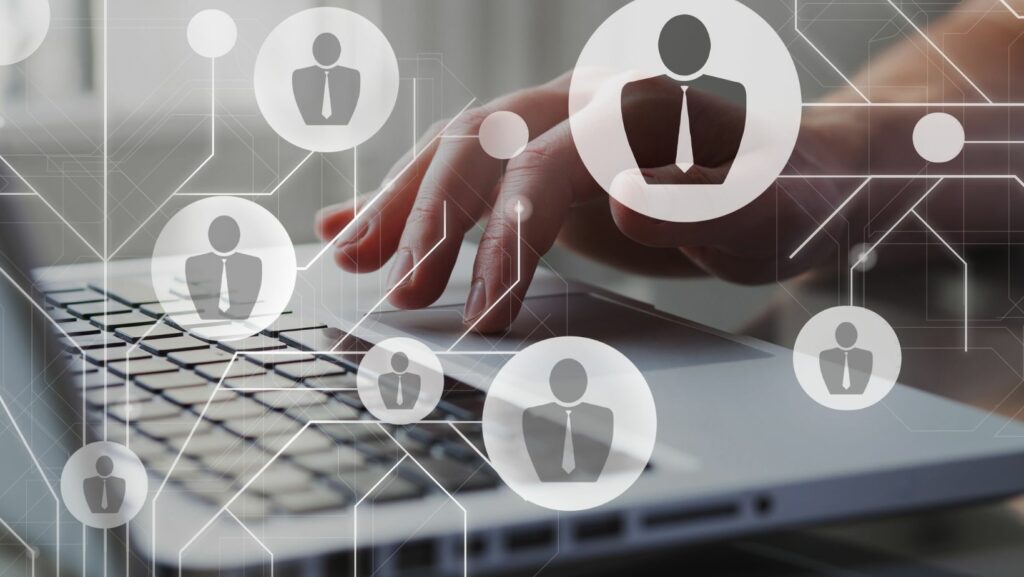Digital HR Trends
Digital HR has transformed significantly due to technological advancements. Traditional HR practices often involved manual processes and paper-based records, which were cumbersome and prone to errors. With the rise of digital tools, HR departments now embrace automation and data analytics to streamline operations. During the initial phase, companies adopted basic HR software for tasks like payroll and attendance. These systems reduced administrative work and provided better data management. However, these tools had limited integration capabilities and often operated in silos.
The introduction of cloud-based platforms marked a substantial shift. These platforms offered scalable solutions and enhanced accessibility. HR professionals could access and update information from any location, facilitating remote work and global collaboration. Cloud-based systems integrated various HR functions, creating unified ecosystems that improved efficiency.
Artificial Intelligence (AI) and big data analytics have revolutionized HR. AI-powered recruitment tools, like algorithm-based candidate matching, enhance talent acquisition by identifying the best candidates based on data-driven insights. Predictive analytics help in forecasting employee performance and turnover, allowing for proactive strategies in talent management.
Modern digital HR focuses on enhancing the employee experience. User-friendly interfaces, self-service portals, and personalized dashboards empower employees to manage their HR-related activities efficiently. Tools like employee engagement platforms and feedback systems contribute to a more motivated and satisfied workforce.
HR analytics has progressed from basic reporting to advanced data-driven insights. Early analytics focused on basic metrics like headcount and turnover rates. Current analytics delve deeper into employee performance, engagement, and satisfaction, helping HR make informed decisions to improve organizational outcomes.
Looking ahead, digital HR is expected to leverage more advanced technologies like machine learning and blockchain. Machine learning will offer deeper insights into employee behaviors, while blockchain can ensure secure and transparent record-keeping.
Digital HR continues evolving with technological innovations, leading to more effective and efficient workforce management. HR professionals must stay updated on these trends to harness the benefits fully.
Key Digital HR Trends
Digital HR trends are continually evolving, driven by advancements in technology. Staying informed about these trends helps organizations optimize their HR processes and improve employee engagement. Artificial intelligence (AI) has become a crucial element in HR. AI-powered tools streamline recruiting by automating candidate screening, thus saving time and improving efficiency. Platforms like HireVue and Pymetrics use AI to assess candidates’ skills and fit. AI chatbots also enhance employee support, providing instant answers to common HR queries. Predictive analytics, powered by AI, forecasts employee performance and turnover, aiding better workforce planning.
With the rise of remote work, HR technologies supporting this trend have gained prominence. Video conferencing tools like Zoom and collaborative platforms such as Microsoft Teams enable seamless communication and collaboration. Cloud-based HR systems ensure access to essential resources from anywhere, supporting global teams. These technologies foster a connected workforce, despite physical distances, enhancing productivity and engagement.
Data analytics transforms HR by providing actionable insights. HR analytics platforms, such as Visier and SAP SuccessFactors, analyze workforce data to drive decision-making. These tools identify trends and patterns in employee behavior, enabling proactive management of talent and improving retention rates. Advanced analytics measure the effectiveness of HR initiatives, ensuring data-driven strategies that align with organizational goals.
Mobile HR solutions offer convenience and flexibility for employees and HR professionals. Apps like Workforce and Workday provide self-service options for tasks such as requesting leave and accessing payslips. Mobile platforms keep employees informed and engaged, facilitating real-time communication and feedback. The portability of mobile solutions ensures HR processes continue smoothly, irrespective of location, supporting a dynamic and agile workforce.
Benefits Of Adopting Digital HR Trends
Digital HR trends offer numerous advantages, transforming conventional HR practices into more efficient and effective operations. Interactive platforms and AI-driven tools boost employee engagement by providing personalized experiences. Self-service portals allow employees to access information and manage tasks like PTO requests and benefits elections. For instance, performance management systems enable real-time feedback, enhancing communication between employees and management and promoting a culture of continuous improvement.
Data analytics empowers HR professionals to make informed decisions based on real-time data. Predictive analytics tools can forecast employee performance and turnover, aiding in proactive talent management. Platforms that aggregate employee data help identify trends, enabling strategic planning and better workforce management. This data-centric approach ensures that HR initiatives align with organizational goals.
Automation of routine HR processes saves time and reduces errors. Cloud-based HR systems streamline payroll management, benefits administration, and compliance tracking. For example, applicant tracking systems (ATS) expedite hiring by automating resume screening and scheduling interviews. These efficiencies free up HR teams to focus on strategic tasks, driving overall productivity.

